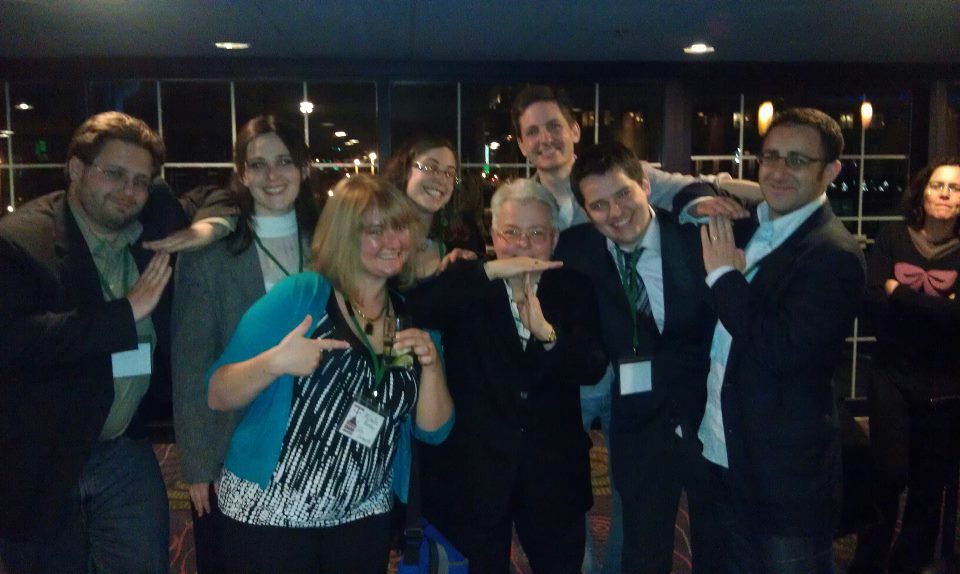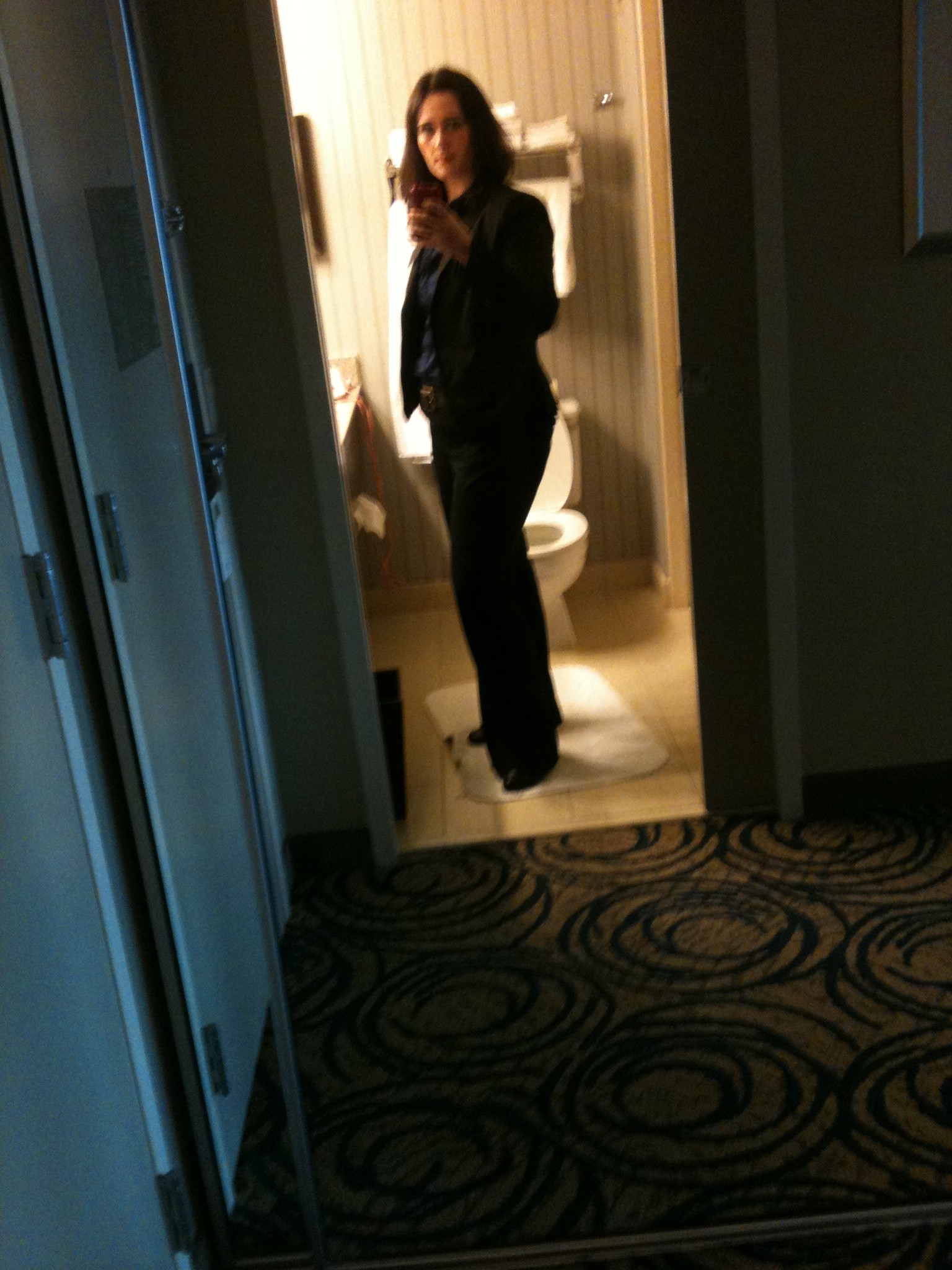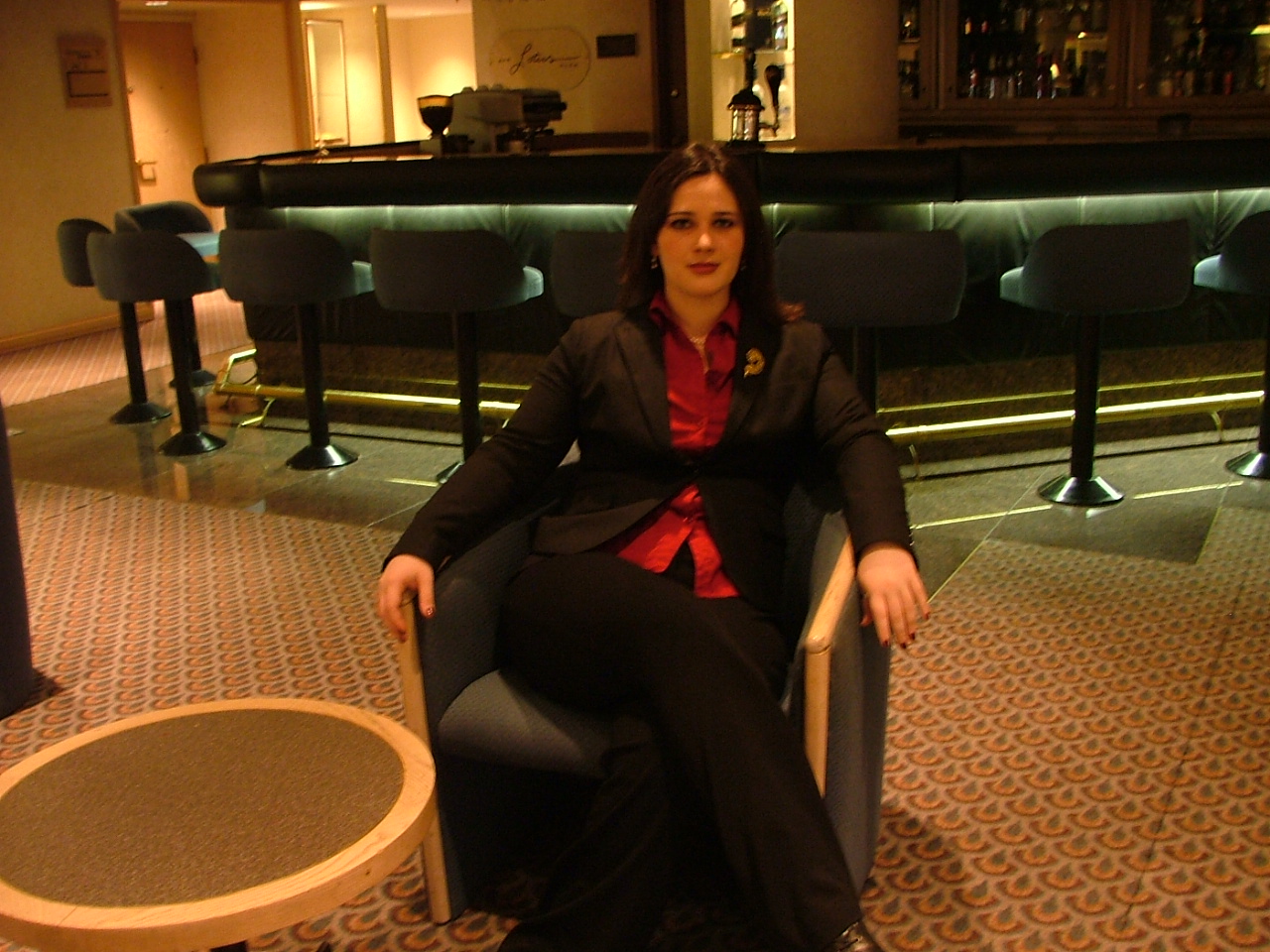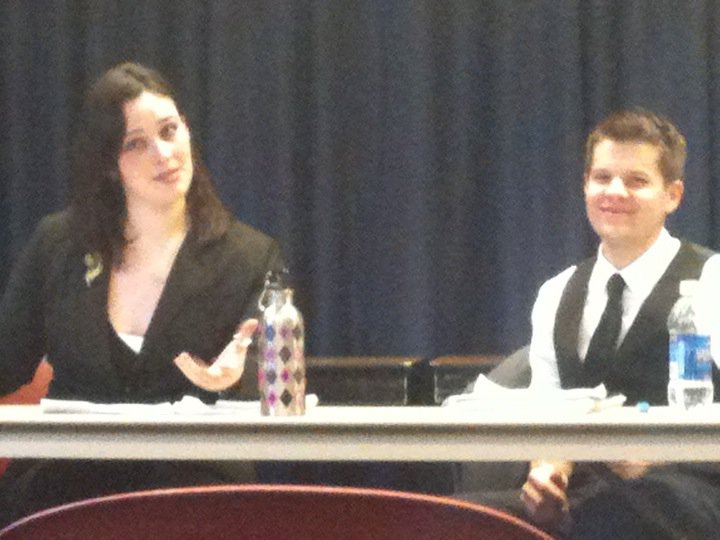I’m coming up on the one-year anniversary of moving into my current place (this Sunday it will be exactly one year) and that’s made me rather contemplative.
That and, in the midst of the extreme pressure of high speed German-learning (a full contact sport which should have some Olympic equivalent), I’m trying to grasp at any small thing that will help me remember that I’m not a total mess-up and I can do some pretty astounding things.
With that in mind, this weekend I began to assemble a list of crazy-insane-amazing-wonderful things that I have done this year that, prior to this year, I would never in a bagillion eons have thought that I would wind up doing. I’m fairly proud of what I came up with and, so dear readers, have a gander at the glamorous life of an academic….
1) As a way to procrastinate learning my German for the day, I translated an article from Diderot’s encyclopedia for the encyclopedia project. Between 1751 and 1772, Denis Diderot and Jean le Rond d’Alembert published what they called Encyclopédie, ou Dictionnaire raisonné des sciences, des arts et des métiers, par une société de gens de

the man, the myth, the legend: M. Diderot
lettres, mis en ordre par M. Diderot de l’Académie des Sciences et Belles-Lettres de Prusse, et quant à la partie mathématique, par M. d’Alembert de l’Académie royale des Sciences de Paris, de celle de Prusse et de la Société royale de Londres. (Encyclopedia, or a systematic dictionary of science, art, and crafts, by men of letters, arranged by M. Diderot and the academy of science and belles-lettres of Prussia, and the mathematical portion by M. d’Alembert of the royal academy of science at Paris, to the Academy of Prussia and the royal society of London). The encyclopedia was the first of its kind, contained 71,818 entries, was published in 28 volumes, and has never been comprehensively translated into English. The Encyclopedia Project is a free online resource through which individuals of differing levels of French-speaking have come together to translate it piecemeal. I’ve volunteered my time to lend a hand with a few articles because I think it’s a neat project, I want to practice my French, and it lends me the ability to fancy myself a professional translator (SO far from the truth).
Reasons why this incident surprised me: I’m learning to read German? I have enough French that I can reasonably translate an article from an eighteenth-century manuscript? I am involved enough in the project to have assigned articles to translate? How does this even happen?
2) Sat up with my work until 11 or midnight for up to five nights straight and not had a bad thing to say about it. Sometimes, you gotta do what you gotta do. Often times, this means complaining. Other times, you’re so enthralled with whatever it is that you’re working on that you don’t even think to complain. If I don’t like something, I don’t lose sleep over it. Period.
Reasons why this incident surprised me: I’m that kind of person? I have work that’s important (and interesting) enough to be done when otherwise I should be relaxing or attending to other necessary life functions?
3) Cold-contacted organizations to request information, interviews, or tours of places related to my research/work… and actually got them! This year, thanks to the courtesy of directors, actors, designers, curators, park rangers, and ever-toiling librarians, I was able to accomplish a great deal of original first-hand research. I was allowed to tour historical sites not open to the public, handle and photograph original scene designs, chat with actors/directors about their work and document it, handle documents older than this country, and get the inside scoop on a great many items of interest otherwise left obscured to the general public. So many many thanks to all the folks who lent their time to my crazy research escapades. Valuable lesson learned from all these experiences: you’d be downright amazed what folks would be willing to do if only you asked them.
Reasons why this incident surprised me: Telephones frighten me. Despite my swash-buckling bravado via textual interface, I’m actually rather shy. In addition, acquiring this information means that outside forces took me seriously as a scholar and were willing to lend a hand to help me out!

The Tufts crew at CDC 2012 with Ms. Vogel. SHE WAS SO AMAZINGLY WONDERFUL! …I wanted to keep her.
4) Was paid to present my work at two major conferences in a one-month period and traveled across the country to do so. Oh, and at one of them I had jello shots with esteemed playwright Paula Vogel. I love to travel, and the fact that I got to do so much of it this year makes me extremely happy. Next year, I have a definite trip to Nashville, TN (the first time I’ve ventured to Tennessee), and I’ll likely have at least one more trip lined up before the dust settles. Stay tuned!
Reasons why this incident surprised me: Someone believes in my work enough to send me places to share it? And it’s valuable enough that when I do share it, people ask me intelligent questions about it? Smart people like my work? THEY LIKE MY WORK!
5) Uttered the words “I can’t, I have a research trip.”
Reasons why this incident surprised me: Because who has a RESEARCH TRIP? HOW COOL!?
I’m sure I could go on at length, but these are the big ones. The basic theme that keeps cropping up is this: despite the long hours, hard work, small paycheque… despite the uncertainty of the job market, the funding, or really anything about my life year-to-year… they haven’t quashed me yet. I’m still enthralled with what I do, I’m still excited about next year, and I’m extremely proud of myself for the things that I have done this past 365 days.
Here’s hoping that, at this time next year, this list is at least twice its current length. And if not, I haven’t done my job right.




